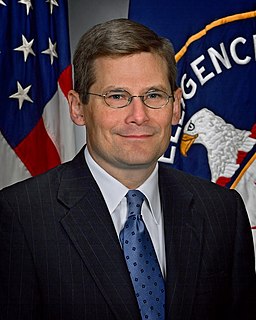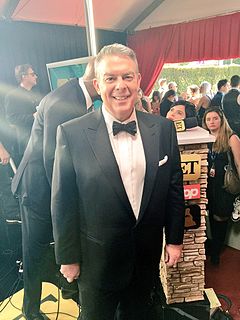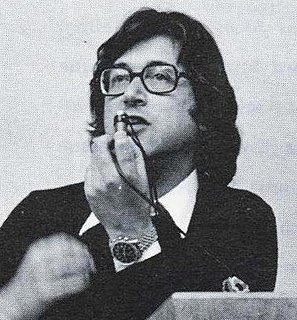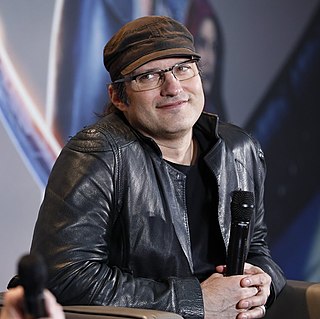A Quote by Cindy Sherman
I want there to be hints of narrative everywhere in the image so that people can make up their own stories about them. But I don't want to have my own narrative and force it on to them.
Related Quotes
I want to see children curled up with books, finding an awareness of themselves as they discover other people's thoughts. I want them to make the connection that books are people's stories, that writing is talking on paper, and I want them to write their own stories. I'd like my books to provide that connection for them.
If there's a group like Amish people, that want to live their own lifestyle – they don't want to live in our city – they want to live out in the country, with their own projects. We’ll put up the buildings for them, design the buildings for them, design the food production systems for them – if they want us to. But we don’t control them.
I'm trying to make sure that the visual connections between the disparate elements are strong enough for the viewer to keep moving through the work. It's in paying attention to those hundreds of details that the flow of the line will guide an audience through the narrative in a way that will make them enter it enough to engage with it, and perhaps construct their own narrative.
Many of our holidays revolve around traumas that happened to our people and how we must remember them in specific ways. The way these stories are told and what we take away from them can change, and do in certain contexts, but overall I am not sure whether Jews want to let go of the narrative of the victim.



































